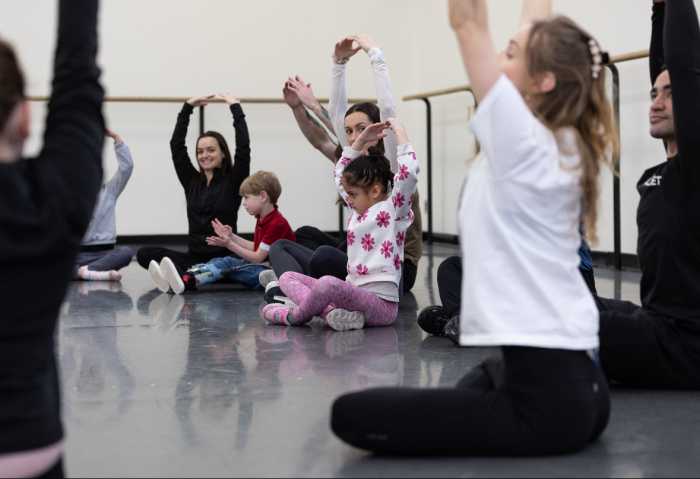 How do you share the little moments of your child’s life with loved ones? Do you text photos, or upload them to a shared iCloud photo stream? Do you post on Facebook for your friends, families, co-workers, and former high school classmates to see? Eddie Geller, the CEO of Tinybeans, an online baby journal, wants to convince you that there’s a better way—a more seamless, private way to share the moments of your child’s life with the people who care the most.
How do you share the little moments of your child’s life with loved ones? Do you text photos, or upload them to a shared iCloud photo stream? Do you post on Facebook for your friends, families, co-workers, and former high school classmates to see? Eddie Geller, the CEO of Tinybeans, an online baby journal, wants to convince you that there’s a better way—a more seamless, private way to share the moments of your child’s life with the people who care the most.
“For us, it’s all about insuring that the parents have full control over who can see their child’s life and what they see,” Geller says.
With a calendar-style interface, Tinybeans encourages parents to document each day’s little moments and milestones—and allows them to share them exclusively with the friends and family that parents invite to access their child’s private journal. Founded in Sydney, Australia, in 2012 by Stephen O’Young and Sarah-Jane Kurtini, who now serve as the head of product and head of marketing, respectively, the platform hit 1 million users this past January. With a current five-star rating on the iTunes app store, it’s clear that Tinybeans has resonated as a seamless solution for sharing baby’s life— and not only among parents, but across generations. Because all you need is an email address to participate, Tinybeans has also proved popular and user-friendly among grandparents and even great-grandparents, some of whom have thanked Tinybeans for giving them a reason to get an iPad and become more tech-savvy.
Tinybeans works like this: Parents download the free app (available for Android and iOS), and input basic information about themselves and their child. Then, they invite their family and friends—the app allows you to select the contacts directly from your phone’s address book—and choose exactly how much of their child’s life they’d like people to see. When parents add photos, videos, and milestones, Tinybeans sends family/friends a daily email digest of the moments they’ve added. If friends and family members don’t have a smartphone or don’t want to download the app, they can engage through the email and “love” photos, comment, “and be part of the experience,” Geller explains. And for those who would still like their memories in hard copy, there’s an option to order a linen-bound photo book of your moments directly from the website.
[gravityform id=”15″ title=”false” description=”false” ajax=”true”]
Geller emphasizes that Tinybeans is much more than simply a photo- and video-sharing platform. A large part of its mission is to provide parents with useful information and resources surrounding children’s developmental milestones. Part of O’Young’s inspiration for the company came from one of his sons’ struggles with speech delays, and O’Young’s difficulty finding quality information about how to encourage his son’s development. He started building a milestone-tracking website—along with an app he developed that automatically emailed uploaded photos to his family members—and Tinybeans eventually sprouted out of the two projects. Tinybeans users can learn about developmental milestones, tag when their child has passed them—the app tracks more than 250 Department of Health-endorsed milestones for ages 0-6—and receive custom content written by developmental experts.
“There’s lots of great content around children’s development out there, and we’re linking that content to the platform,” Geller explains. “It’s really about how we help those parents.” For example, a communication milestone during 0-3 months might be: “Responds to others’ voices.” Alongside that milestone, the app would provide relevant information and advice, such as: “Vary the pitch and volume of your voice so it shows that you are interested in what your baby has to say.”
Beyond the useful content and sharing capabilities, Tinybeans’ commitment to privacy distinguishes it from other, similar platforms. Users own all the images and videos they upload, and no one can see any of the content until they are invited to the child’s private journal.
“The privacy is really critical, and I guess parents are only realizing now that their child shouldn’t be on social media,” Geller says, citing recent stories that have come out of France, where parents can be sued by their children later in life for violating their right to privacy. “I think it’s just a matter of time before parents realize that for one, it’s not appropriate for their child’s life to be on social media, but it’s also scary when you think about all the other things that [can happen], your child’s photos can end up being on other sites…parents are going to realize that they need a private service, which is where
Tinybeans plays a role.”
To learn more, visit tinybeans.com!













